Sylvanna M. Falcon, author of Human Rights Counterpublics in Perú: Contesting Tiers of Citizenship, answers questions on her new book. Q: Why did you decide to write this book? Two […]
Q&A with the author of HUMAN RIGHTS COUNTERPUBLICS IN PERÚ


Sylvanna M. Falcon, author of Human Rights Counterpublics in Perú: Contesting Tiers of Citizenship, answers questions on her new book. Q: Why did you decide to write this book? Two […]
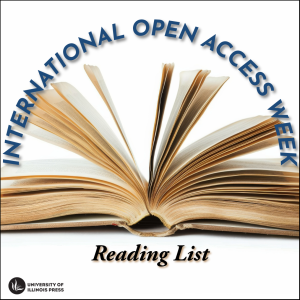
Join us in celebrating Open Access Week — an opportunity for the academic and research community to continue to learn about the potential benefits of Open Access (OA), to share […]
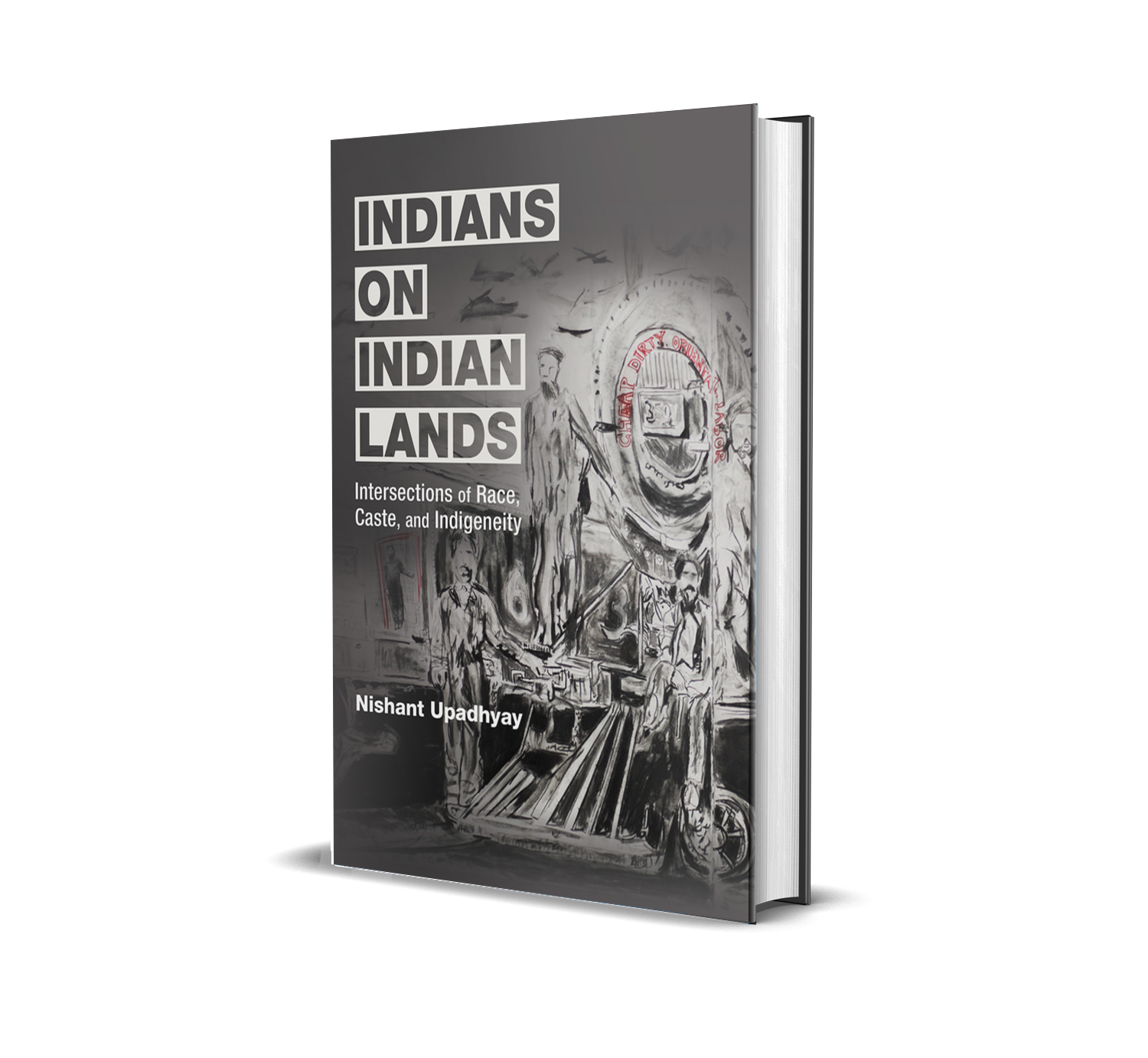
Nishant Upadhyay, author of Indians on Indian Lands: Intersections of Race, Caste, and Indigeneity, answers questions on their new book. Q: Why did you decide to write this book? The […]

The Disability History Association and the University of Illinois Press are pleased to announce the winner of the 2024 Outstanding Dissertation in Disability History Prize! Linsey McMillan “‘They Are Ultimately […]

It’s Italian American Heritage Month! Get to know our Italian Studies journals to stay up to date on new research, book reviews, creative work, and more. Plus, check out a […]
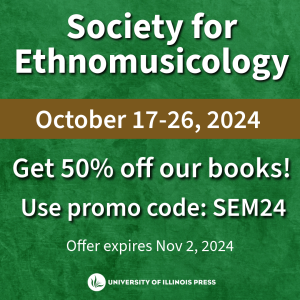
Welcome to the University of Illinois Press virtual exhibit for the 2024 Society for Ethnomusicology (SEM) meeting! Explore our extensive collection of books, journals, blog posts, and more. Use the […]
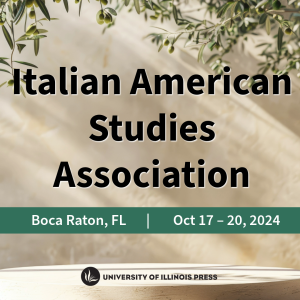
We are proud to be the publisher of the official journal of the Italian American Studies Association, Diasporic Italy. We also have several other Italian Studies journals that you can […]
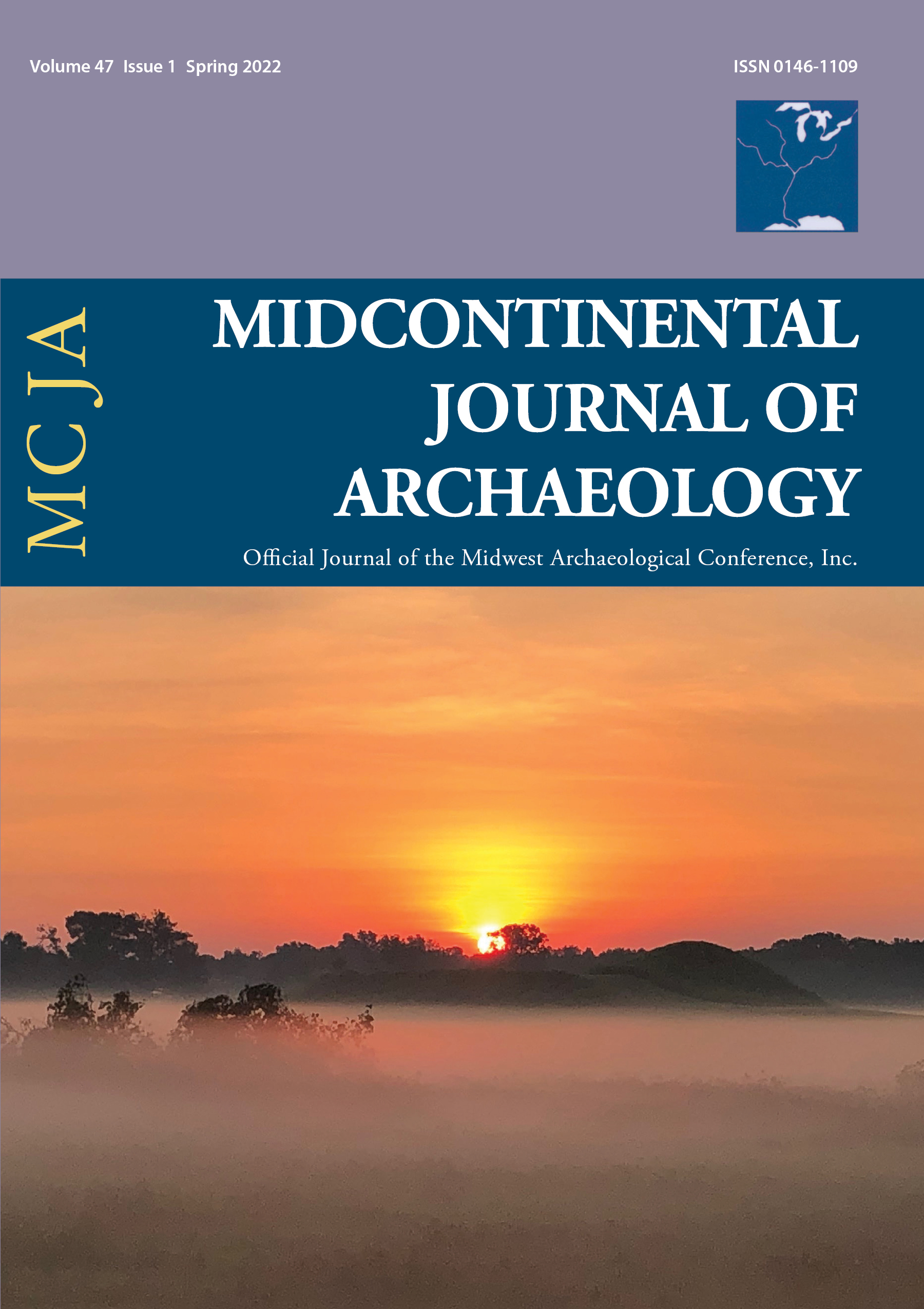
Whether you’re attending the Midwest Archaeological Conference (MAC), or just following along virtually, it’s the perfect time to get to know the society’s official journal, the Midcontinental Journal of Archaeology. […]
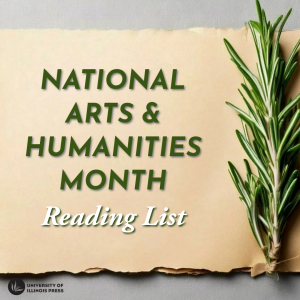
October is National Arts & Humanities Month, dedicated to the artists and scholars contributing to moving humanities disciplines forward. Join us in honoring the importance of arts and humanities by […]

Forrest Claypool, author of The Daley Show: Inside the Transformative Reign of Chicago’s Richard M. Daley, answers questions on his new book. Q: Why did you decide to write this […]
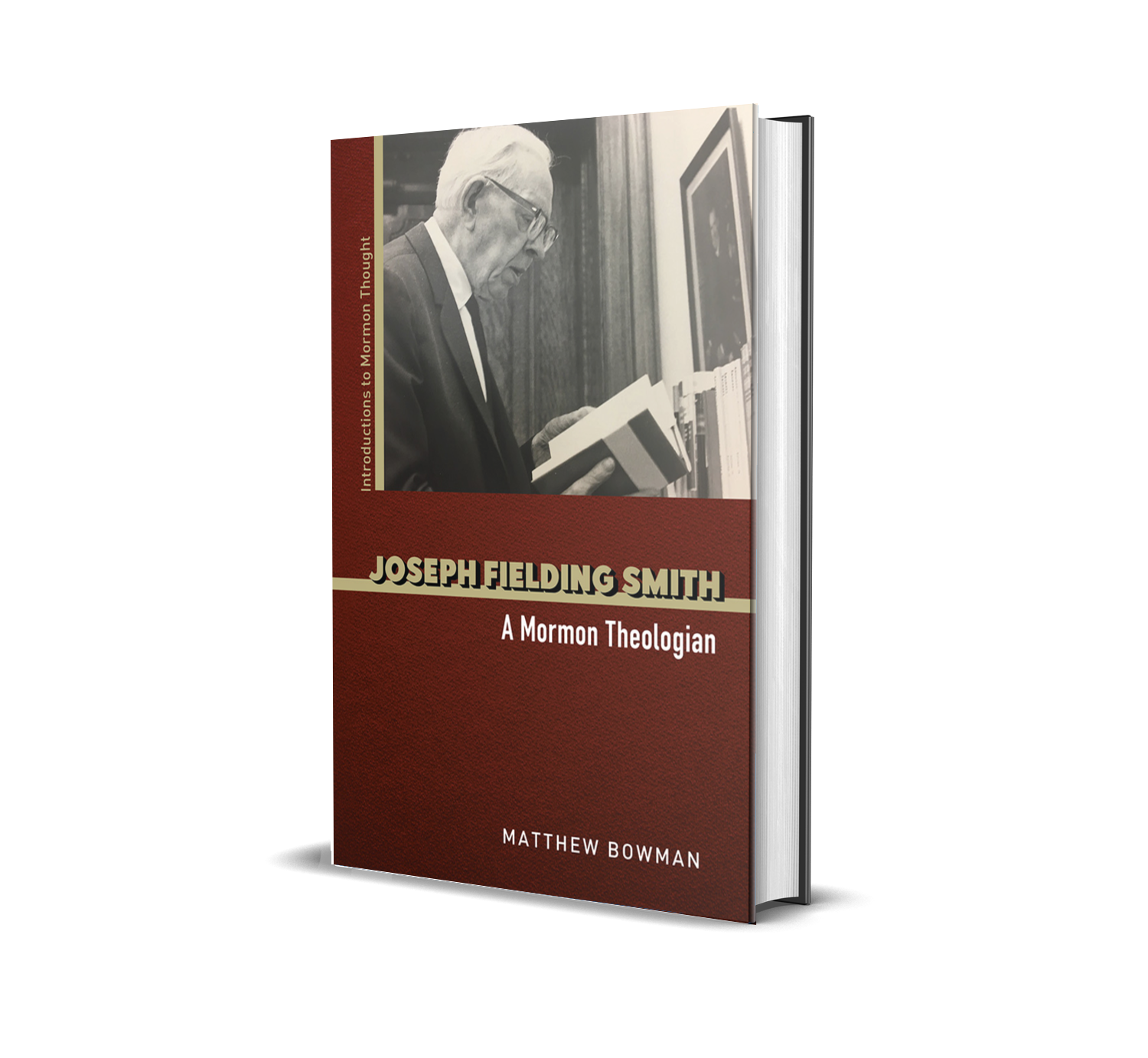
Matthew Bowman, author of Joseph Fielding Smith: A Mormon Theologian, answers questions on his new book. Q: Why did you decide to write this book? In part because it needed […]
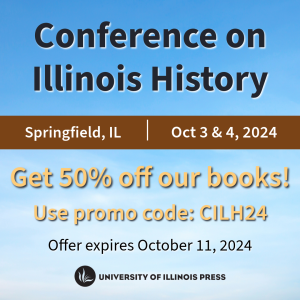
Welcome to the University of Illinois Press virtual exhibit for the Conference on Illinois History! Explore our extensive collection of books, journals, blog posts, and more. Use the promo code CILH24 for 50% off of […]